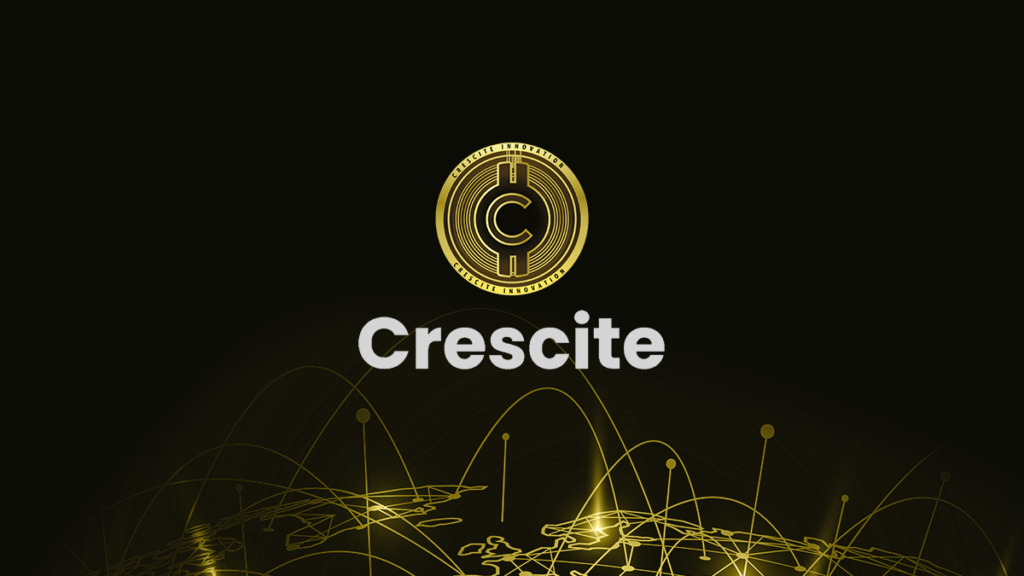Paris Blockchain Week, a premiere international Web3 conference, was hosted this past week, attracting more than 9,000 attendees.
Its more than 500 speakers included Richard Teng, CEO of Binance; Denelle Dixon, CEO & Executive Director of the Stellar Development Foundation; Jeremy Allaire, CEO of Circle; Tim Draper, Founder and Managing Partner at Draper Associates; and Davidi Marcus, CEO of Lightspark.
Leading crypto investors and entrepreneurs were out in full force, in particular to discuss the potential for inclusive growth with Web3.
There is increasingly widespread concern about the negative influences of technology. Protests across the globe highlight the growing resentment surrounding the growing chasm between rich and poor, which can be exasperated due to emerging tech.
A new breed of tech startups in Web3 are emerging with a collective commitment to a fairer technological future. One company, Crescite, was founded in order to bring Web3 technology to faith-based and ESG organizations.
The Web3 enterprise has built the world’s first faith-based token, with its Crescite Protocol being an effort towards a decentralized financing (defi) model that is based on principles of faith.
The adoption of decentralized digital systems and the future of Web3 is being realized thanks to a number of tech leaders, with Edward Cullen, CEO of Crescite, a part of this movement.
Cullen is a startup ecosystem builder, who earlier was the Director of Fordham University’s incubator program. He also led operations for Grand Central Tech – one of NYC’s premier incubators – and worked with President Biden’s presidential campaign and later ran for Mayor of NYC.
While technology was responsible for exacerbating the gap between the rich and poor, the solution to economic inequality is also found here.
Technology is evolving in step with the needs of the many in our society, and it’s important that startup founders committed to a fairer future are responsible.


